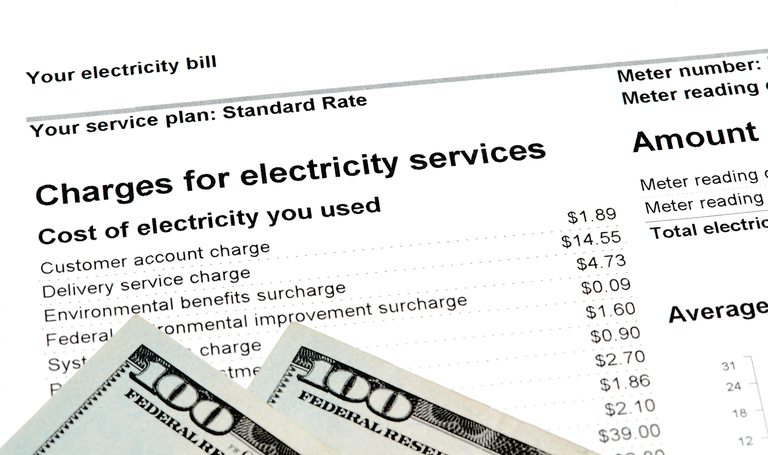AARP Hearing Center

In the face of a more competitive electricity marketplace driven by a natural gas boom that has lowered energy prices, the nuclear power industry has seen a decrease in their payments for the power generated by their nuclear power plants. As a result, PSEG, Exelon, and other energy corporations are waging a campaign to increase our electric bills by forcing ratepayers to pay subsidies to increase the profitability of their aging nuclear power plants.
In New Jersey PSEG is proposing electric customers pay new charges in the form of a “zero-emission credits (ZECs),” pitching that the environmental value of their nuclear power plants should be added to rates. ZECs are an unwarranted and expensive burden for consumers. In Illinois, ratepayers will be paying an additional $235 million annually for 10 years and New Yorkers will begin paying $500 million annually, increasing over 12 years for a total of $8 billion – all to prop up uneconomic nuclear plants in those states. New Jerseyans, already burdened with some of the highest monthly electric bills in the nation, can ill afford to be burdened with even higher prices.
- Lower prices are not a problem for consumers: Back in 1999 when New Jersey deregulated our energy industry, ratepayers were promised that a competitive market place would yield new options and benefits for consumers and businesses. Now that the market is finally showing benefits to consumers, the proponents of the ZEC scheme want to re-visit the rules. Nuclear subsidies would unfairly and inappropriately interfere with the marketplace by propping up an already profitable nuclear industry and forcing utility consumers – residential, commercial and industrial – to pay above the fair market price for electricity.
- Serious Doubts: Not everyone is buying the industry argument for subsidies. The Ohio legislature just sidelined a proposed $5.25 billion bailout pushed by FirstEnergy and Connecticut legislators have raised serious doubts about a similar proposal from Dominion Energy in the face of that company’s reticence in releasing their financial records. Wisconsin, Vermont, Massachusetts, and Nebraska, rather than saddling consumers with subsidies to bail out uneconomic power -- opted to let insolvent reactors close. PG&E in California has decided to voluntarily shutter its Diablo Canyon nuclear plant without seeking any special subsidy as has the owner of the Pallisades plant in Michigan.
- PSEG should open its books: PSEG’s nuclear plants are profitable and indeed prices for nuclear power in our region have risen from last year. PSEG is also a profitable company. Prior to consideration of any proposal to increase our electric bills, PSEG and energy corporations seeking subsidies must open their books and demonstrate financial need.
- Subsidizing other states: New Jersey is not an island and New Jersey plants serve the Mid-Atlantic region. PSEG sells its power into a regional grid, PJM, a regional transmission organization. It is not unusual for power that is produced in New Jersey to be used by other states in our region including Delaware and Maryland. Under the ZEC scheme, NJ ratepayers would be paying subsidies to PSEG for power we don’t even use, saddling us with higher costs while giving a competitive advantage to other states. Moreover, single state subsidies interfere with the regional power market. PJM has proposed a regional approach to these issues to insure the integrity of our competitive markets.
- Legally questionable: Single state power plant subsidies may be illegal. Both the Illinois and New York ZEC statutes are being challenged in court.
The NJ Coalition Against Nuclear Taxes (CANT) is a new coalition opposing additional nuclear taxes or subsidies. Along with AARP, the coalition includes, large and small businesses throughout New Jersey, consumer and environmental groups. CANT does not oppose nuclear energy generation, nor does it oppose fuel diversity. However, the Coalition is opposed to any special ratepayer subsidy for nuclear power plants. You can follow NJ CANT on Facebook @NJCANT or www.njcant.com.
Tell your state legislators to protect consumers and say no to nuclear subsidies. To find your legislator click here.































































